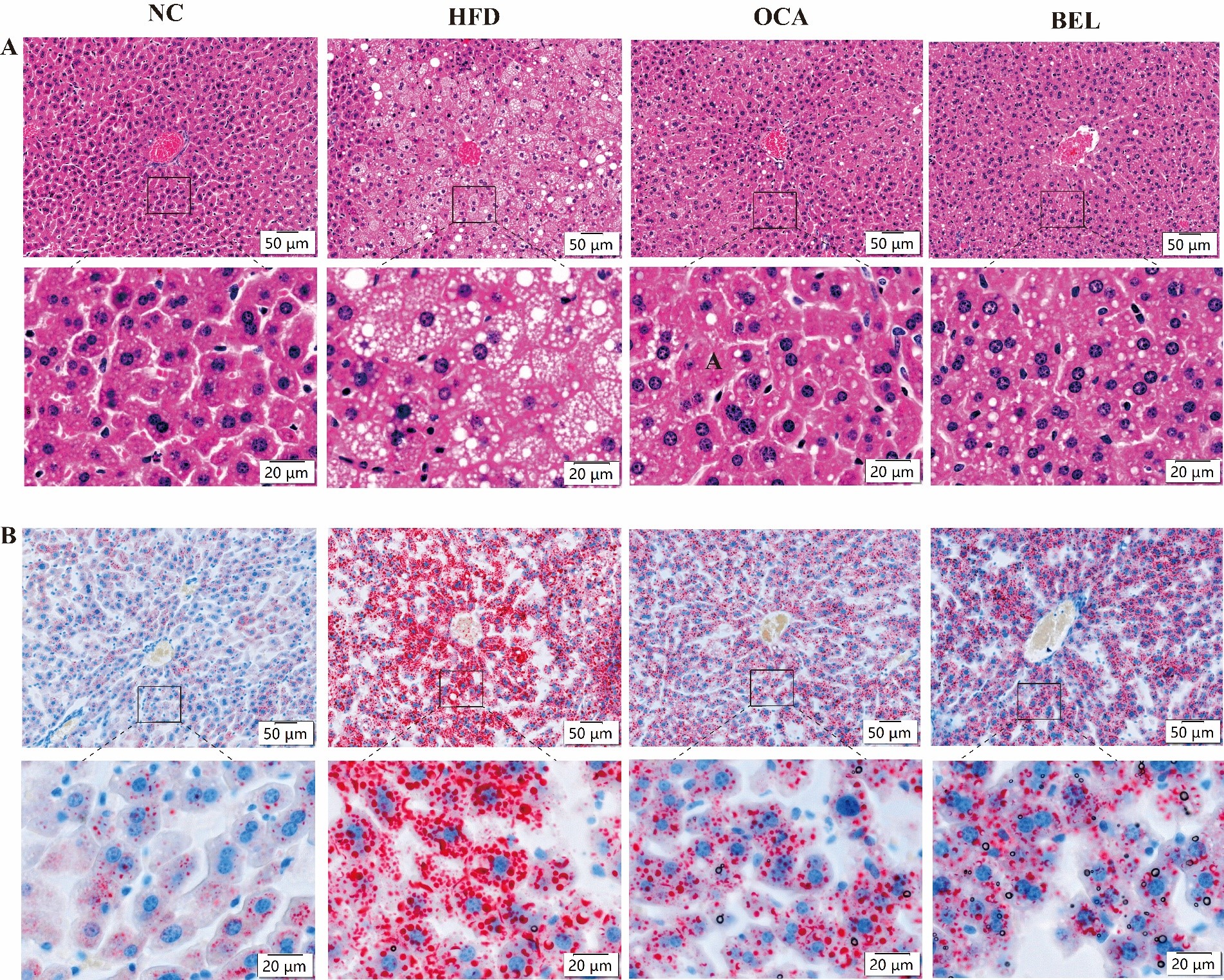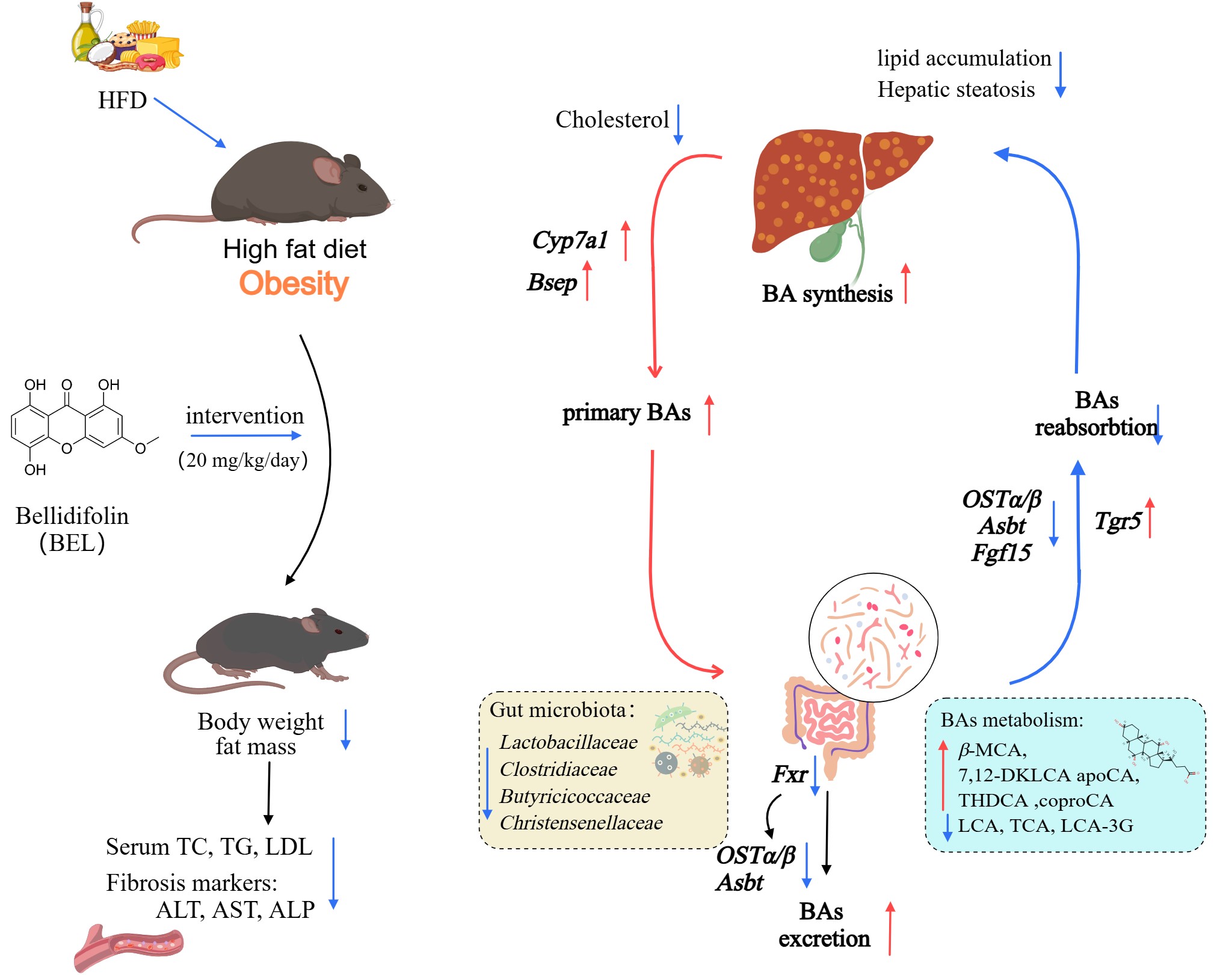Obesity and related metabolic disorders, such as hyperlipidemia and non-alcoholic fatty liver disease, have become significant global public health challenges. According to the World Health Organization, the worldwide obesity rate has nearly tripled since 1975, impacting approximately 650 million adults. A high-fat diet (HFD) is a major contributor to lipid metabolism disorders; however, current interventions show limited effectiveness, highlighting the urgent need for novel natural therapies.
Swertia diluta, primarily found in Yan'an, Shaanxi Province, China, has been traditionally used as a herbal medicine and food ingredient to alleviate hepatobiliary diseases and hyperlipidemia.
Recently, a research team from the South China Botanical Garden of the Chinese Academy of Sciences, discovered that Bellidifolin (BEL), a key active compound in S. diluta, significantly improves obesity and related metabolic abnormalities caused by HFD. This improvement occurs through the modulation of intestinal microbiota and bile acid metabolism. The study was published in Food Bioscience.
Using high-performance liquid chromatography-mass spectrometry (HPLC-MS/MS), the researchers identified 25 xanthone derivatives in extracts of S. diluta. Network pharmacology analysis revealed strong associations between these compounds and pathways involved in lipid metabolism and atherosclerosis. Among these compounds, BEL notably decreased serum triglycerides (TG), total cholesterol (TC), and low-density lipoprotein cholesterol (LDL-C), thereby alleviating hepatic steatosis and inflammatory injury.
BEL also modified the gut microbial community by reducing the abundance of pro-inflammatory bacteria, such as Firmicutes and Lactobacillaceae, while increasing beneficial microbes like Bacteroidota, improving the intestinal microenvironment.
Mechanistically, BEL upregulated hepatic CYP7A1 to enhance bile acid synthesis and inhibited intestinal bile acid reabsorption by downregulating the ASBT and OSTα/β transporters. This dual effect promoted the excretion of bile acids in feces and reduced lipid accumulation in the liver.

BEL's effects on lipid metabolism and liver injury improvement.(Imaged by LI et al)

Proposed mechanisms of BEL in promoting lipid metabolism and weight reduction.(Imaged by LI et al)






